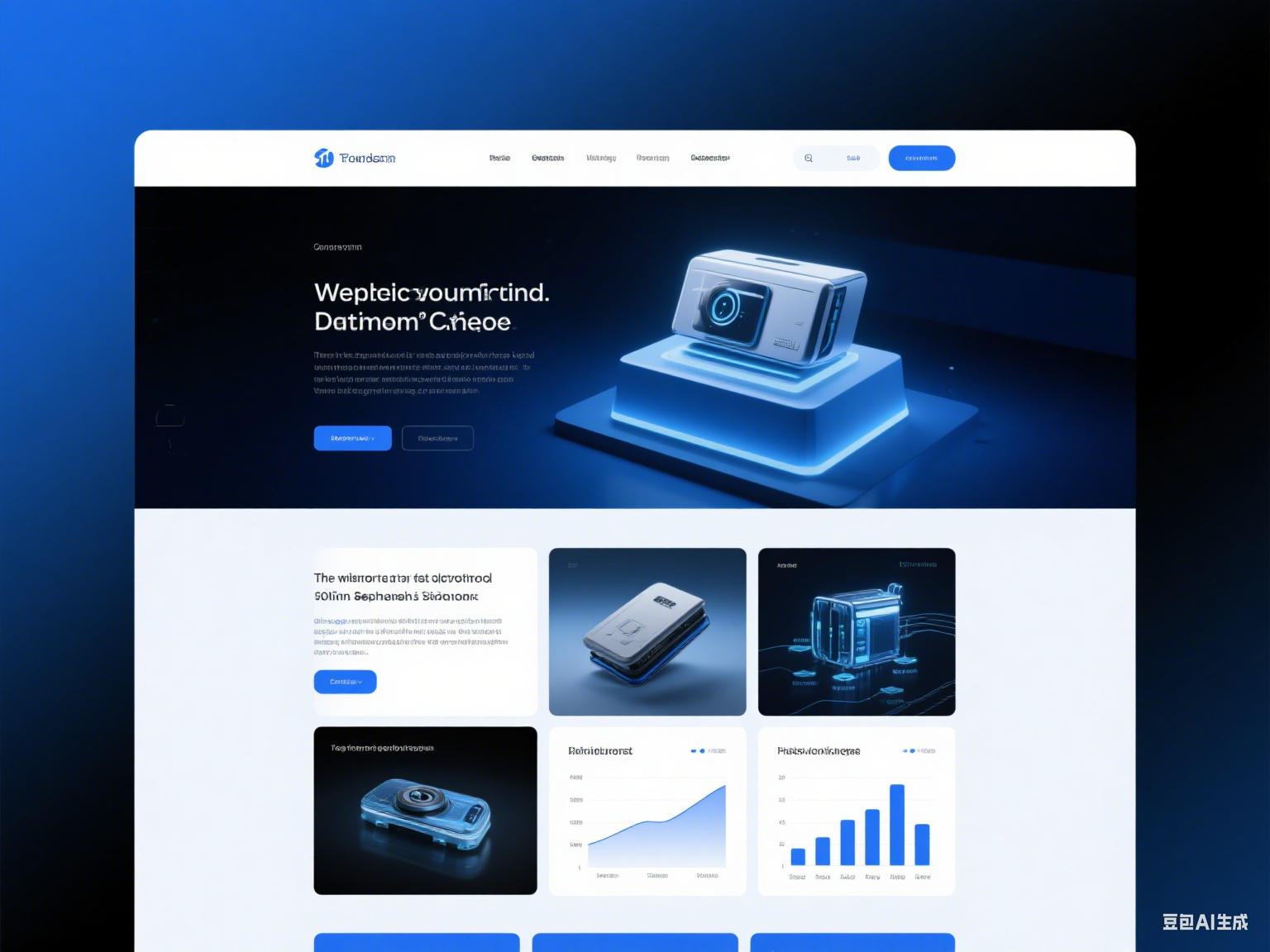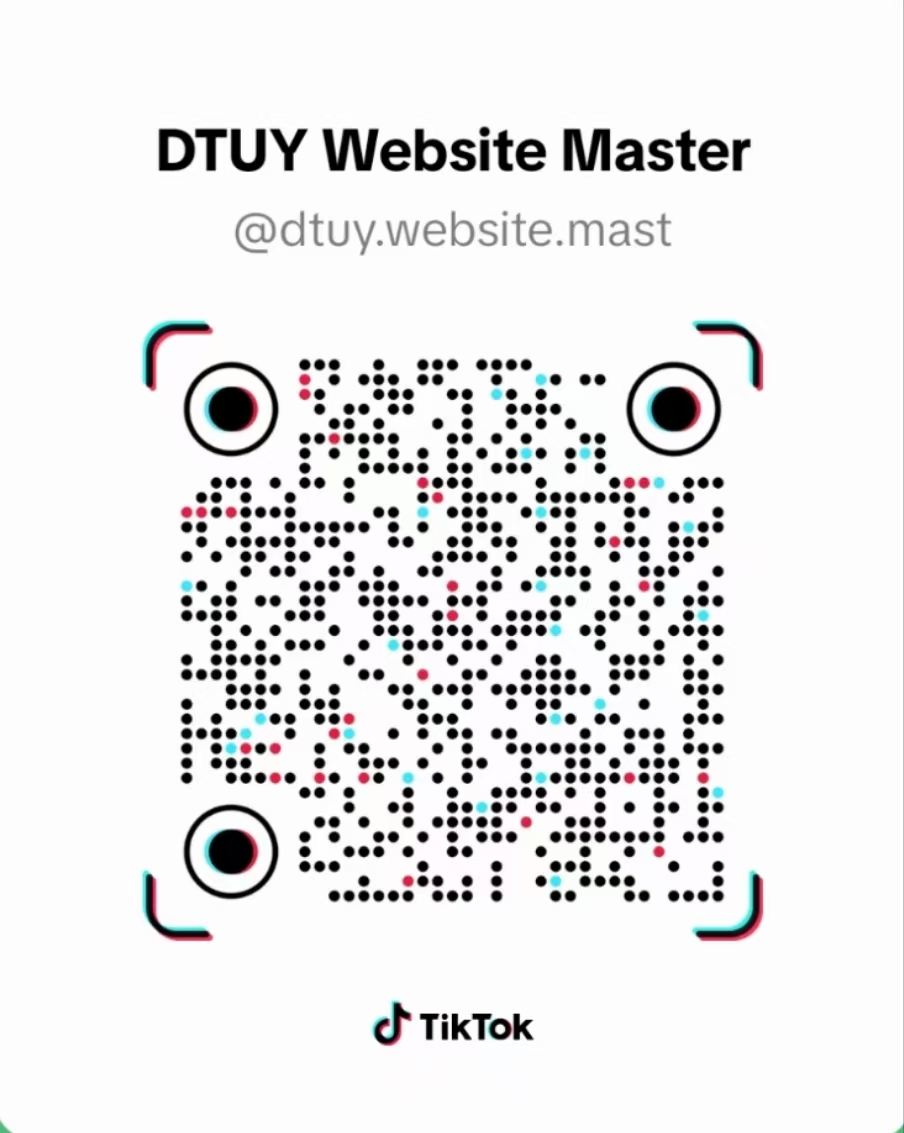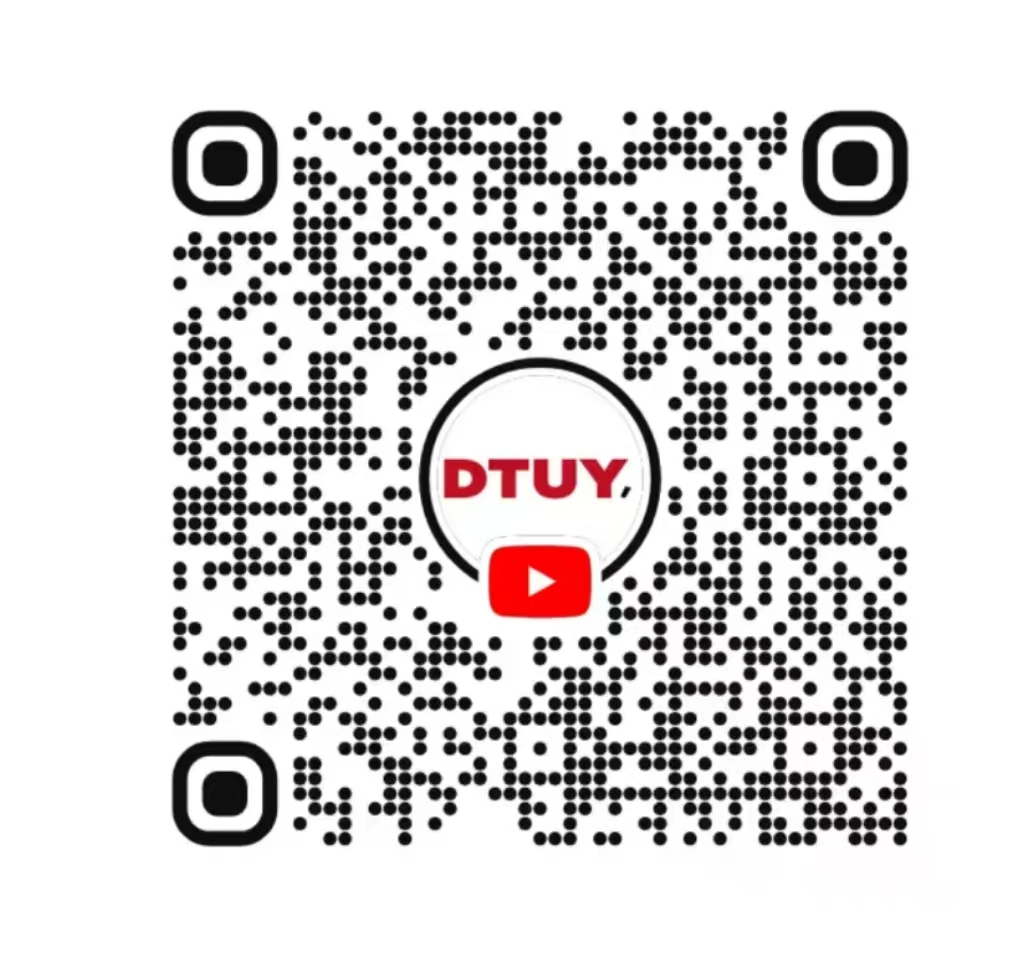In today’s digital-first economy, having a professional online presence is no longer optional—especially for businesses looking to expand into global markets. For exporters, a website design is more than a marketing tool. It’s your 24/7 international storefront, your first impression to overseas buyers, and a crucial bridge to building trust across borders.
If you're a novice—someone without deep web development experience—you might be tempted to go with a SaaS (Software as a Service) platform like Wix, Shopify, or Squarespace because they promise quick, code-free setup. But while these tools seem convenient on the surface, they come with serious limitations when it comes to data control, customization, scalability, and security—all essential elements for a serious export-oriented business.
At DTUY, we advise even beginners to consider self-hosted, privately deployed websites, and we help guide them every step of the way. Here’s how a novice can build a successful export-oriented website—and why private deployment is the smart way to do it.
1. Start With Clear Business Objectives
Before writing a single word or choosing a layout, begin with a strategic plan. As an exporter, ask yourself:
What products or services am I promoting?
Which countries am I targeting?
Do I need multilingual support?
Will I accept inquiries, samples, or direct orders online?
Do I need product catalogs, technical documents, or certificates available for download?
The answers to these questions will shape the structure and features of your website. A good export site is more than pretty visuals—it’s built around user journeys, buyer confidence, and lead conversion.
2. Why You Should Avoid SaaS Platforms
SaaS platforms might appear attractive because of their ease of use, but here’s what you’re really sacrificing:
a. Limited Customization
You’ll be stuck using the provider’s templates and feature set. Need a specific type of form, product filter, or integration with your internal inventory system? Good luck.
b. Vendor Lock-In
With SaaS, you don’t own your website code or data. If the provider changes pricing, features, or shuts down, you could lose everything or face high migration costs.
c. Data Security Risks
SaaS sites are hosted on shared servers, often overseas. You have no control over how customer data is stored or handled—posing serious risks to privacy and compliance.
d. Poor Localization Support
Most SaaS tools are built for Western markets. You may struggle with multilingual content, region-specific SEO, or adapting to local user habits (especially if targeting China, the Middle East, or non-English-speaking Europe).
For exporters, control and trust are non-negotiable. A compromised website or unprofessional online experience can destroy a business deal.
3. The Better Alternative: Private Deployment
A self-hosted website gives you full control over your design, data, and infrastructure. It can be hosted on your own server or a secure cloud provider of your choice (like AWS, DigitalOcean, or a domestic provider if regulations apply).
Benefits of Private Deployment:
Total ownership of source code and content
Enhanced security with custom firewalls and access controls
Scalability as your traffic grows
Custom features tailored to your exact business needs
Easy compliance with local and international regulations
At DTUY, we provide user-friendly, pre-built frameworks that make private deployment possible even for beginners. We handle the heavy lifting—setup, configuration, and maintenance—so you can focus on content and growth.
4. Use Beginner-Friendly Tools with Professional Architecture
Yes, private deployment can sound technical—but it doesn’t have to be. Today, there are many tools and platforms that combine ease of use with private infrastructure options:
CMS platforms like WordPress (with Elementor), Joomla, or Strapi
Static site builders like Hugo or Gatsby for fast, multilingual sites
No-code admin panels like Directus or Sanity (deployed privately)
Custom-built sites with professional agency support
DTUY offers pre-configured templates and one-click deployment packages that eliminate the need for coding. We also provide training, documentation, and ongoing support.

5. Design With Export in Mind
An export-oriented website should include the following key features:
Multilingual support: At least English + key target language(s)
Product catalog: With specs, photos, certifications, and HS codes
Inquiry forms: Secure, fast-loading, with CRM integration
Trust-building elements: Testimonials, case studies, quality certifications
Performance optimization: Fast global loading with CDN support
SEO for international markets: Including Google, Bing, and regional engines like Baidu or Yandex
With a private deployment, you’re free to implement all these elements—without being constrained by SaaS pricing tiers or technical restrictions.
6. Focus on Security From Day One
Export websites often handle sensitive data: B2B pricing, personal contact information, product designs, and legal documents. Security is not optional.
At DTUY, every self-hosted website we build includes:
HTTPS encryption with valid SSL certificates
Firewall configuration and anti-bot protection
Role-based access controls for site admins
Daily backups and disaster recovery
Compliance with data privacy laws (GDPR, PIPL, etc.)
SaaS platforms offer minimal security guarantees and rarely meet enterprise-grade standards. Worse, when something goes wrong, you’re at the mercy of their support queue.
7. Think Long-Term: A Digital Asset, Not a Disposable Page
A self-hosted export website is a long-term business asset. It can evolve into:
An e-commerce platform
A digital trade show booth
A product knowledge center
A distributor or partner portal
A client support platform
With private deployment, you can scale and extend your site as your business grows—without rebuilding from scratch or worrying about license limitations.
8.You Don’t Have to Be a Developer—You Just Need to Be Smart
Building a website as a beginner might feel overwhelming, but it doesn’t have to be. What matters most is making the right foundational choice.
SaaS platforms offer short-term ease—but at the cost of long-term control, security, and performance. For exporters serious about international business, a privately deployed, professionally structured website is the right path.
At DTUY, we empower novices to build world-class websites—secure, scalable, and truly owned by you. With the right partner, building a self-hosted export website is not only possible—it’s your best investment in global success.




 141
141

















